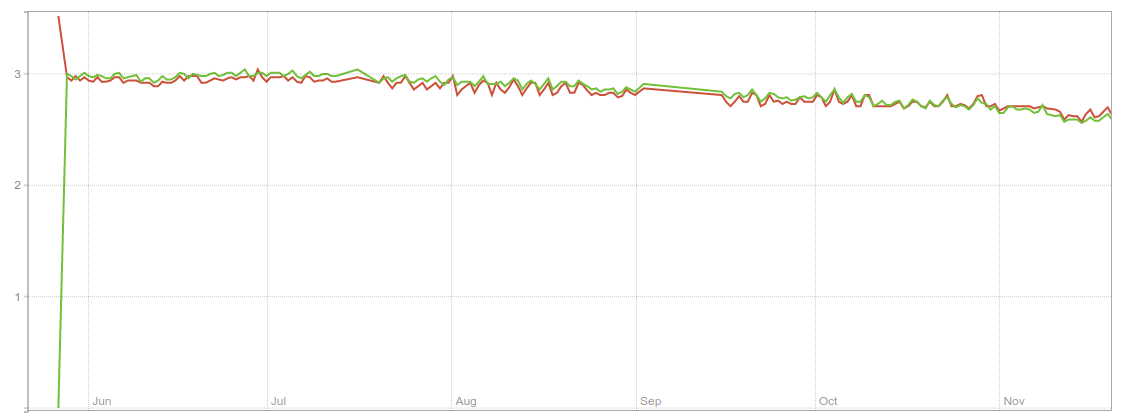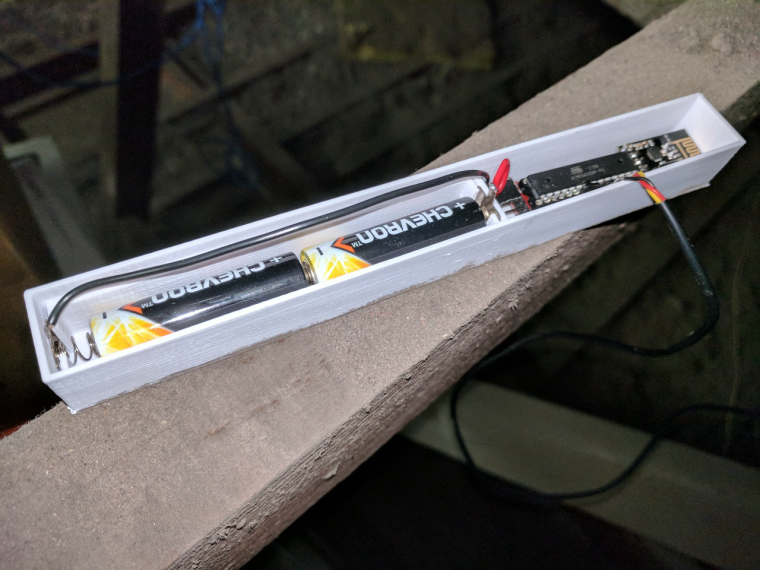The NACK status suggests that the response isn't getting back to your node. Perhaps something in the build config on the gateway is different to what you built the nodes with? Debug with #define MY_DEBUG_VERBOSE_RF24 perhaps.
Although, in your earlier post it seemed electrical issues caused your problems. Perhaps you're getting the same again, or the new OS does something to make it flaky again?
Sent Message
Sender: 0
Last Node: 0
Next Node: 2
Destination: 2
Sensor Id: 255
Command: INTERNAL
Message Type:I_FIND_PARENT_RESPONSE
Payload Type: P_BYTE
Payload Length: 1
Signing: 0
Failed uplink counter: 0
Status: NACK (OK=success, NACK=no radio ACK received)
Payload: 0


